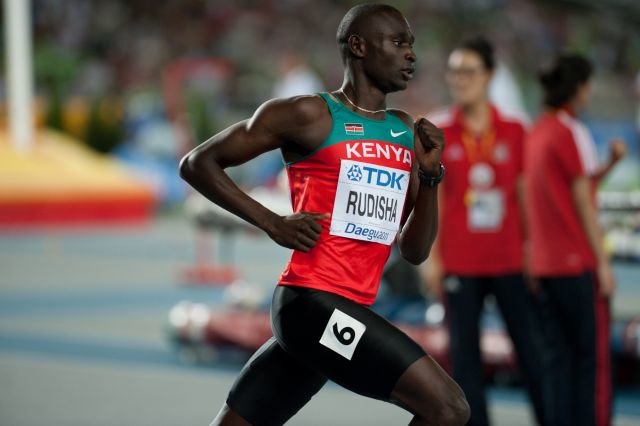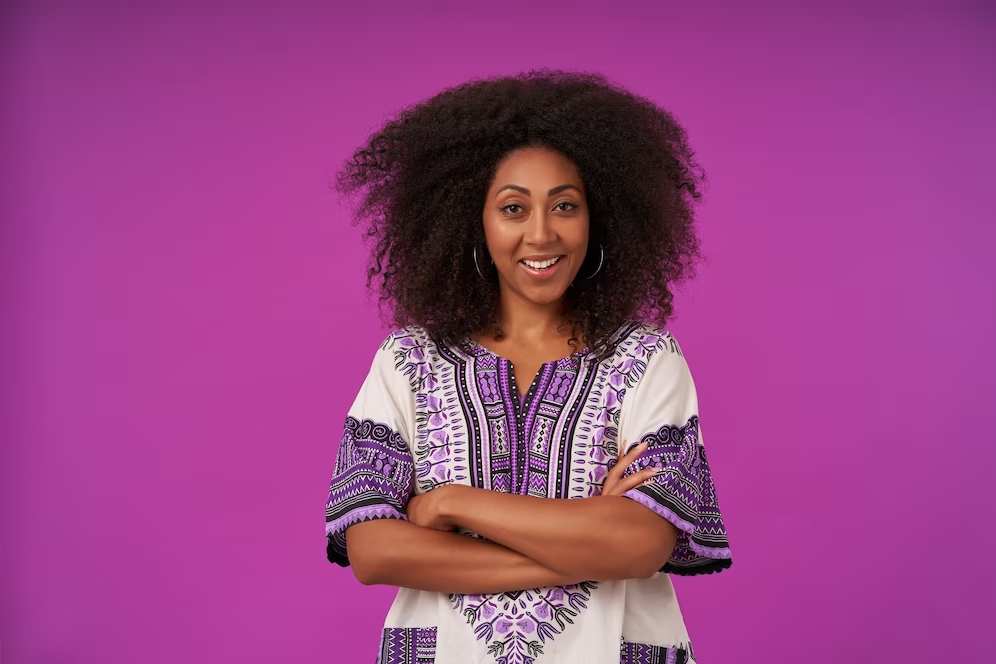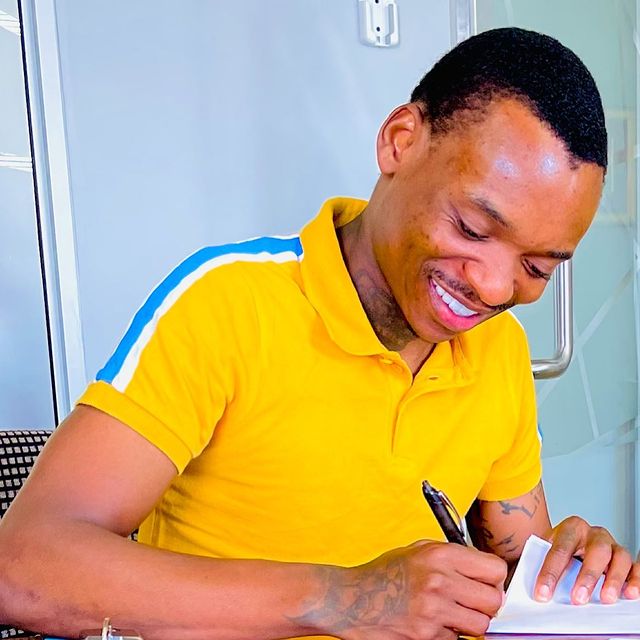Kenyan runner David Rudisha shot into the public limelight in 2006 after he won the 800m gold medal at the World Junior Championships in Beijing, China. He became a household name, and much was expected of him. However, injuries derailed him, and we don’t hear much of him anymore. What happened to David Rudisha, and what’s he doing now? Before we get into that, let’s start with his running career.
Join our Spotcovery Global Black Community Facebook Group for early access to exclusive content and to share in a lively discussion.
Become an insider. Subscribe to our newsletter for more top trending stories like this!
David Rudisha’s Background and Career
David Rudisha comes from a running family. His father clinched a silver medal at the 1968 Olympics, and his mother participated in the hurdles. In his early years, Rudisha ran and sprinted. A fellow runner introduced him to James Templeton, who became his manager.
David Rudisha started as a 400m runner. He wanted to emulate his father.
“I saw an Olympic medal when I was very young. It was my father’s 1968 Olympics medal in the 4×400 meters relay, and it motivated me. I told myself, ‘Well, one time, will I ever hold mine like this?’ Rudisha told Olympics.com.
That said, his coach Colm O’Connell introduced him to the 800m. In 2006, David Rudisha clocked 1:47:40. He became a dominant figure in the distance, clinching gold at nearly every race he participated in. Each time, in the lead-up to the Olympics 2012 in London, he lowered the times.
Looking back on his London 2012 race, Rudisha told Olympics.com that he could have run faster.
“I was a little bit slow at the London Olympics because I (thought) I was going very fast. I slowed a bit to have the strength for the last 100 meters because the most important thing was winning. I think I could have made some improvement of about even 0.4 or 0.3 seconds; somewhere there, I say 1:40.30.”
People Also Read: 10 Most Successful National Football Teams in Africa
David Rudisha’s Injuries
After his unforgettable race at the London 2012, Rudisha suffered an almost career-ending injury. He sat out for more than a year. He overcame this and returned in time for the Rio Olympics in 2016.
After he defended his 800m gold medal in Rio, which made him the first man since Peter Snell in 1964 to achieve this feat, his last competitive race was in Budapest in 2017.
Rudisha pulled a muscle, got back pain, fractured his ankle, and suffered a car crash. It was a tumultuous period, but he positively reflects on it.
Become an insider. Subscribe to our newsletter for more top trending stories like this!
“I’m proud of myself. It wasn’t easy, but to make things happen, you have to dig in. I handled the pressure, and I’m glad running was part of my life.” Rudisha said.
People Also Read: Which Team Does Jude Bellingham Play For?
David Rudisha’s Future
As much as Rudisha would want to return on the track, he acknowledges that time might not be on his side. Speaking to a local publisher, The Star, he revealed that coaching might be his next destination.
“I was thinking of coming back, but at my age, I can’t make it in the 800m. “I’ve been discussing with my coach about coaching, which is an avenue I look forward to exploiting.”
David Rudisha said he thought about running in long-distance races but acknowledged that his body isn’t fine-tuned. That said, he’s been thinking about retirement and revealed that he’ll announce that very soon.
We might not see David Rudisha race again in the 800m, but he left an indelible mark in track and field. He yearns for the day his record will be broken.
Are you looking for quality running shoes? You can find many brands and variations on Amazon.
Nearly 80% of consumers visit directories with reviews to find a local business. List your business for free in our exclusive Spotcovery Black-Owned Business Directory.
Spotcovery offers unique and fresh daily content on Black culture, lifestyle, and experiences. We talk about everything black, black people, black-owned and black-owned businesses. We also deliver authentic and relevant content that will inform, inspire and empower you! The future of black media is critical to today’s black experience! Our primary audience includes African American, African, Afro-Caribbean, and people of African heritage. Black culture is for the culture!
Become an insider. Subscribe to our newsletter for more top trending stories like this!





